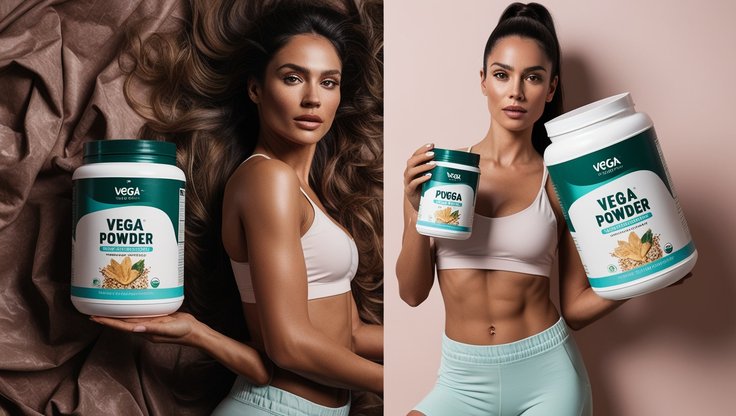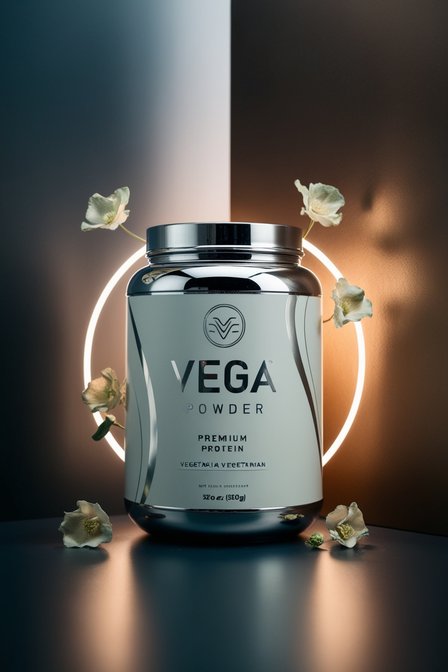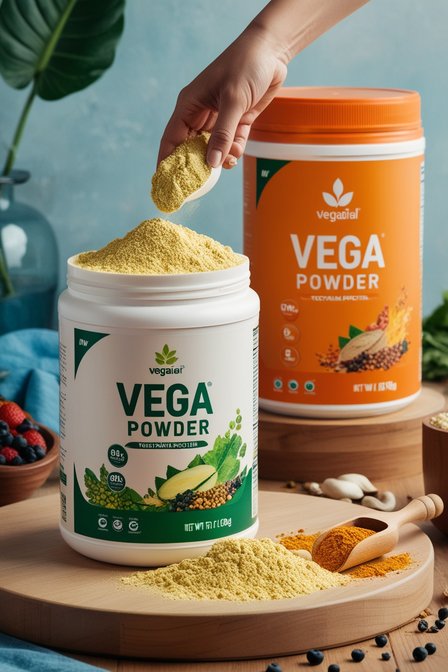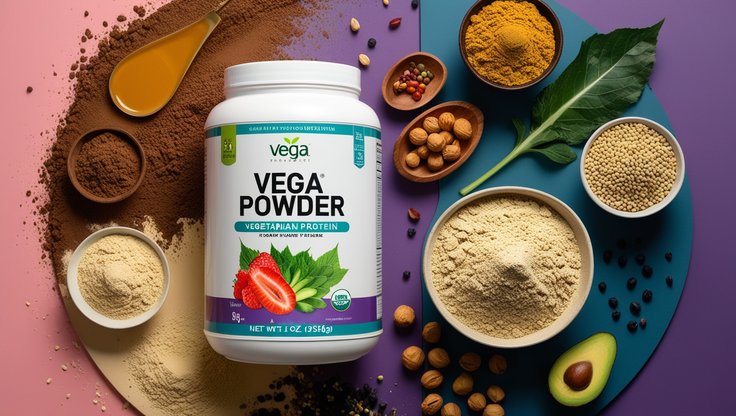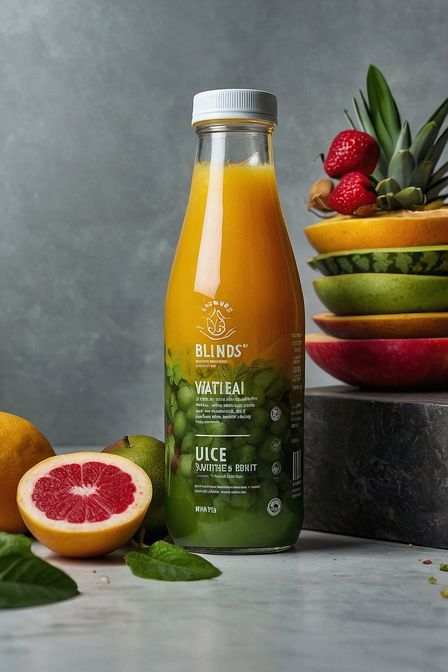Introduction to Affordable Vegan Protein Sources
In the pursuit of a vegan lifestyle, one common concern is ensuring adequate protein intake without breaking the bank. Fortunately, there are numerous plant-based protein sources that are both affordable and nutritious. This article will delve into various cheap vegan protein sources, exploring their benefits, uses, and ways to incorporate them into your diet.
Understanding Vegan Protein
Protein is a vital macronutrient necessary for building and repairing tissues, producing enzymes and hormones, and supporting overall health. For vegans, sourcing protein from plants is essential. Many people mistakenly believe that vegan protein sources are expensive or inadequate. However, there are many cost-effective options that can meet your protein needs effectively.
Legumes: The Protein Powerhouses
Legumes, such as beans, lentils, and chickpeas, are some of the most affordable and protein-rich foods available. They are also versatile and can be used in a variety of dishes.
Beans come in many varieties, including black beans, kidney beans, and pinto beans, all of which are rich in protein and fiber. They can be used in soups, stews, salads, and even burgers.
Lentils are another excellent source of protein and are very budget-friendly. They cook quickly and can be used in soups, curries, and salads.
Chickpeas, known for their role in hummus, are also great in salads, soups, and roasted as a snack.
Grains: More Than Just Carbs
Whole grains are often overlooked as a protein source, but they can be quite substantial in providing protein. Quinoa, although slightly pricier than other grains, offers a complete protein profile, meaning it contains all nine essential amino acids.
Brown rice, barley, and oats are other grains that, when combined with legumes, provide a full range of amino acids. These grains are cost-effective and can be bought in bulk to save money.
Nuts and Seeds: Small But Mighty
While nuts and seeds might seem expensive when purchased in small quantities, buying in bulk can significantly reduce their cost. They are nutrient-dense and packed with protein, healthy fats, and other essential nutrients.
Peanuts, technically legumes, are one of the most affordable nuts and can be used to make peanut butter, added to dishes, or eaten as a snack.
Sunflower seeds, chia seeds, and flaxseeds are inexpensive options that can be added to smoothies, oatmeal, or baked goods to boost protein content.
Vegetables: Hidden Sources of Protein
Many vegetables contain small amounts of protein, and when eaten in large quantities, they can contribute significantly to your protein intake.
Leafy greens like spinach and kale are not only rich in vitamins and minerals but also contain protein. Incorporating them into salads, smoothies, and main dishes can help increase your protein intake.
Broccoli, Brussels sprouts, and peas are other vegetables that, while often not thought of as protein sources, do contribute to your overall intake.
Soy Products: Versatile and Protein-Rich
Soy products such as tofu, tempeh, and edamame are excellent sources of vegan protein and are often very affordable.
Tofu is highly versatile and can be used in savory and sweet dishes, from stir-fries to desserts. It absorbs flavors well and can be prepared in various textures.
Tempeh, made from fermented soybeans, is another protein-rich option. It has a firmer texture than tofu and a slightly nutty flavor, making it great for sandwiches, stir-fries, and salads.
Edamame, young soybeans, can be eaten as a snack or added to salads and other dishes. They are rich in protein and fiber.
Affordable Protein Powders
While whole foods should be the primary source of protein, protein powders can be a convenient and cost-effective way to supplement your intake.
Pea protein, rice protein, and soy protein powders are often cheaper than whey protein and can be added to smoothies, oatmeal, or baked goods.
Combining Protein Sources
Combining different protein sources can help ensure you get all the essential amino acids your body needs. This is particularly important for vegans, as most plant-based proteins are not complete proteins on their own.
For example, pairing beans with rice or lentils with quinoa creates a complete protein profile. Eating a variety of protein sources throughout the day will help you meet your nutritional needs without spending a fortune.
Cooking Tips and Meal Ideas
Incorporating cheap vegan protein sources into your meals can be easy and delicious. Here are some ideas to get you started:
For breakfast, try a bowl of oatmeal topped with peanut butter and chia seeds, or a smoothie made with spinach, banana, and pea protein powder.
Lunch could be a hearty lentil soup or a chickpea salad sandwich.
For dinner, consider a tofu stir-fry with broccoli and brown rice or a tempeh and vegetable curry served over quinoa.
Snacks can include roasted chickpeas, edamame, or a handful of nuts and seeds.
Conclusion
Eating a vegan diet on a budget is entirely possible with the right knowledge and planning. By focusing on affordable protein sources like legumes, grains, nuts, seeds, vegetables, and soy products, you can meet your protein needs without overspending. Experiment with different combinations and recipes to find what works best for your taste and budget, and enjoy the health benefits of a plant-based diet.
